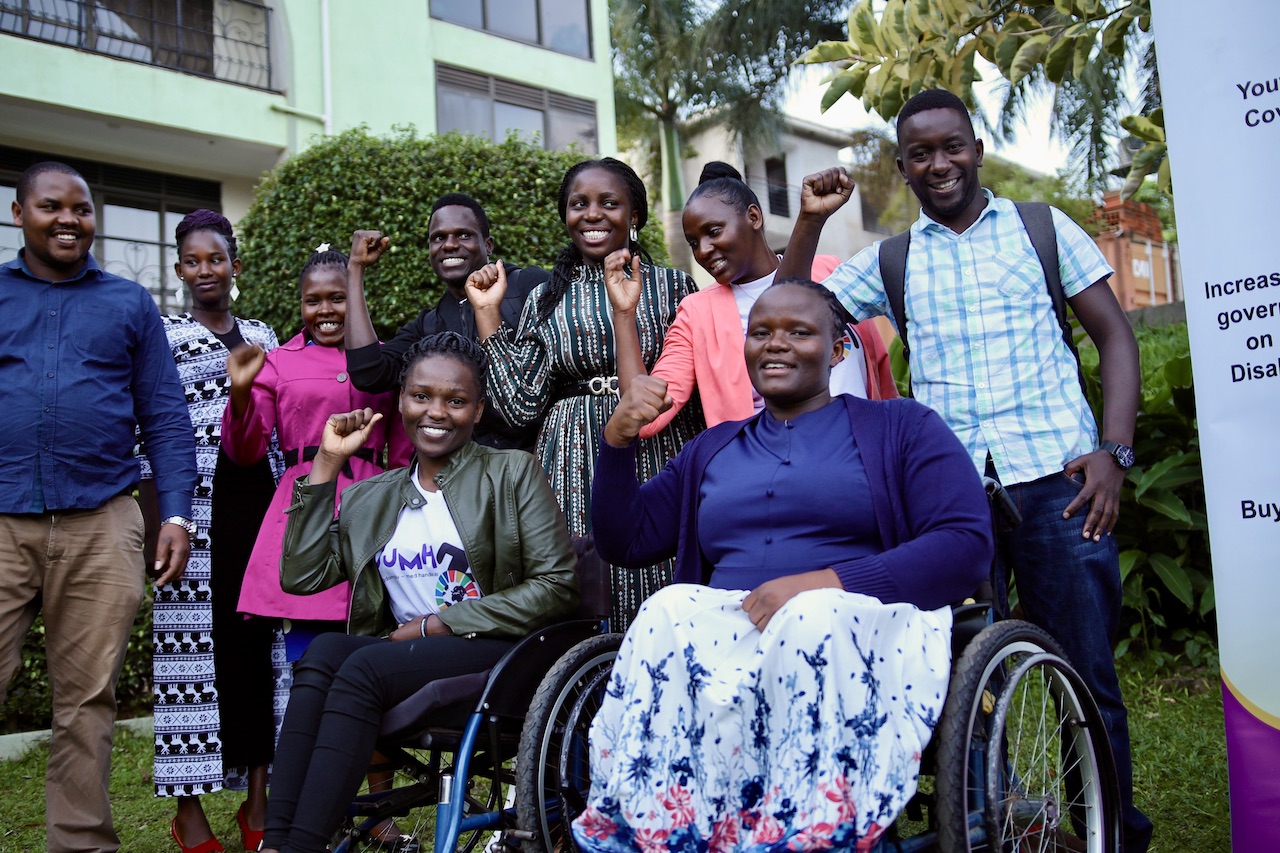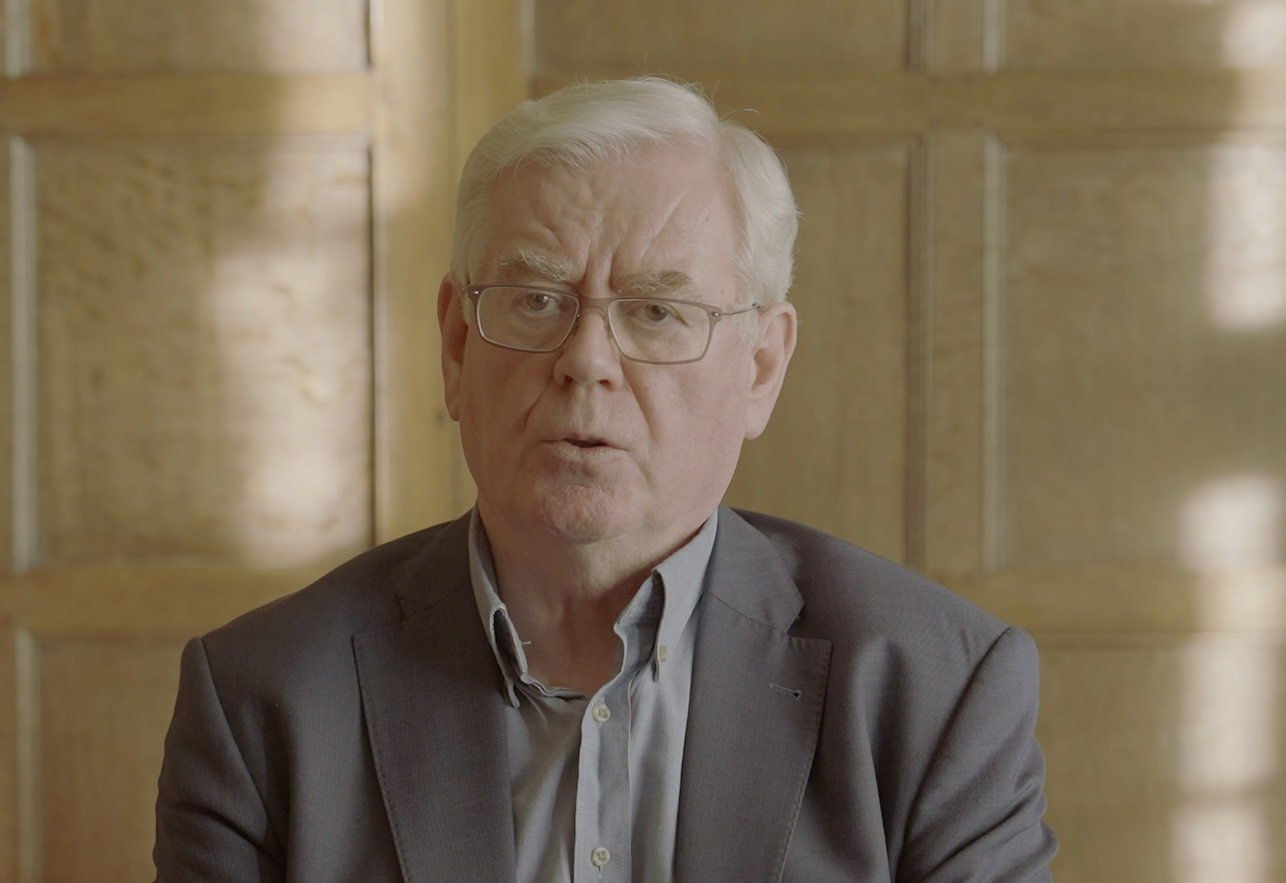COVID-19 is disproportionately impacting minority ethnic communities, particularly Black, Asian and minority ethnic people, globally.
Research has found after accounting for the effect of gender, age, deprivation and region, the death rate among confirmed COVID-19 cases is significantly higher in ethnic minority groups, compared to people of white ethnicity.
The pandemic is a test not only of healthcare systems and mechanisms for responding to infectious diseases, but also of the ability for nations to work together in the face of a common challenge.
Preventing the spread of COVID-19 requires outreach to all with equitable access to prevention, care, and treatment. This means overcoming existing barriers to accessible healthcare and tackling long-ingrained differential treatment based on income, gender, geography, race and ethnicity, religion, stigma, or social status.
This dialogue aims to connect regional and community stakeholders, enabling them to share different perspectives and learn from other country experiences in order to shape improved national, regional, and local responses to address the disproportionate health outcomes.
This dialogue is supported by Gilead Sciences Europe Ltd, who provided funding.












